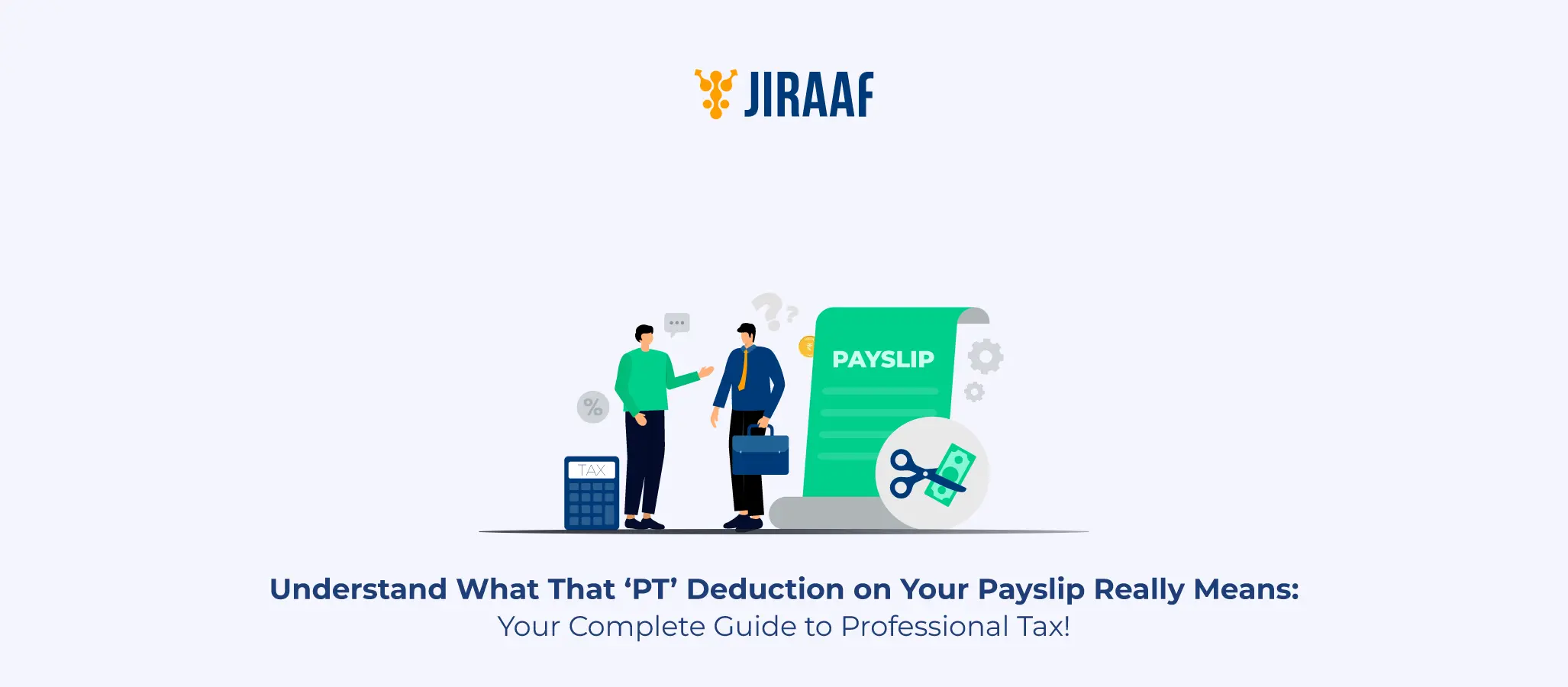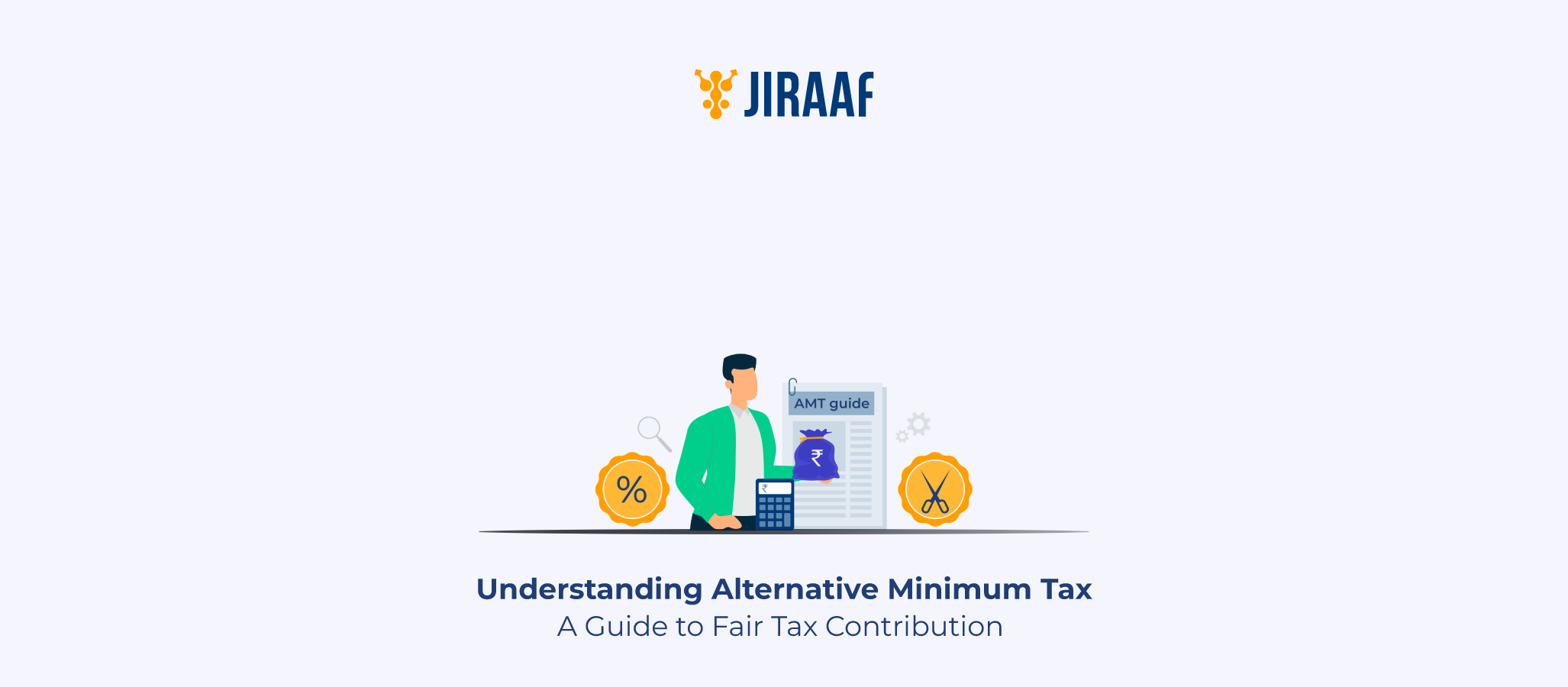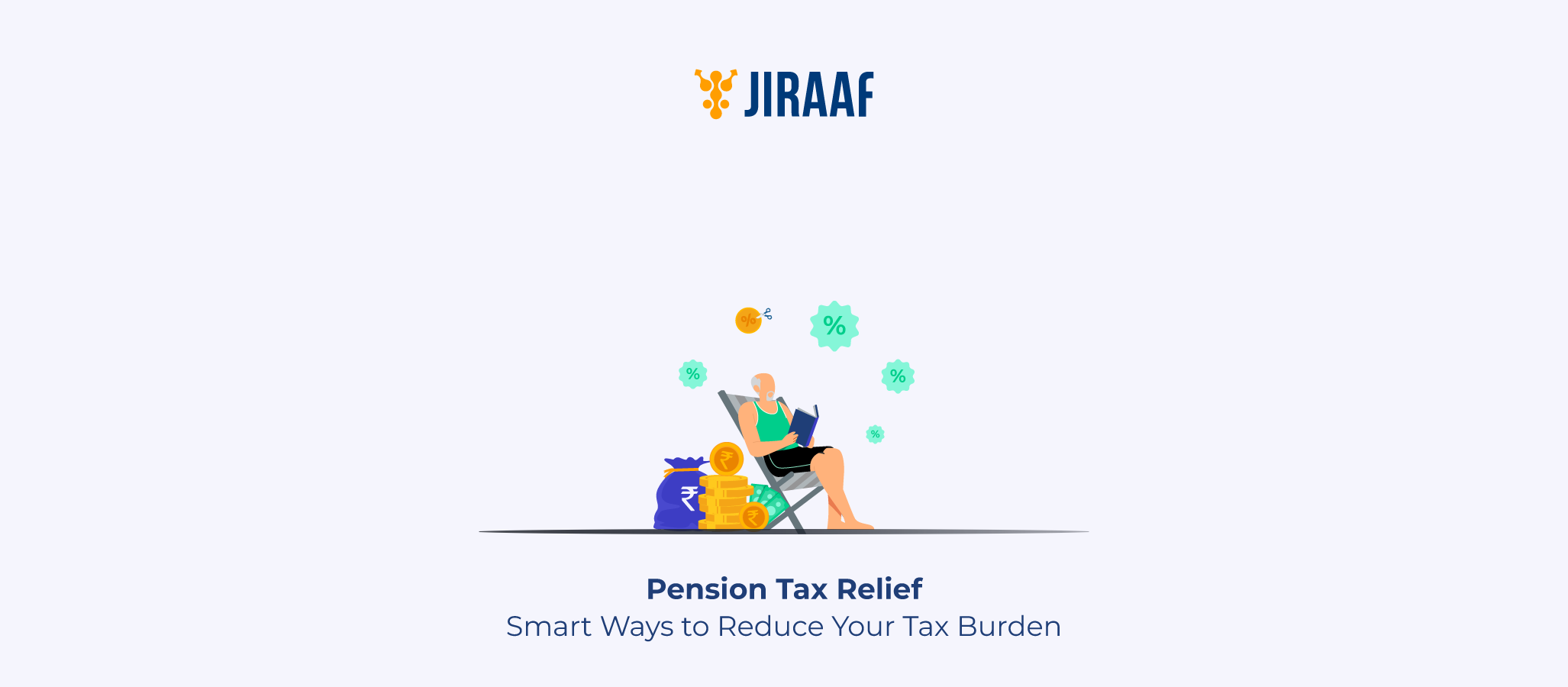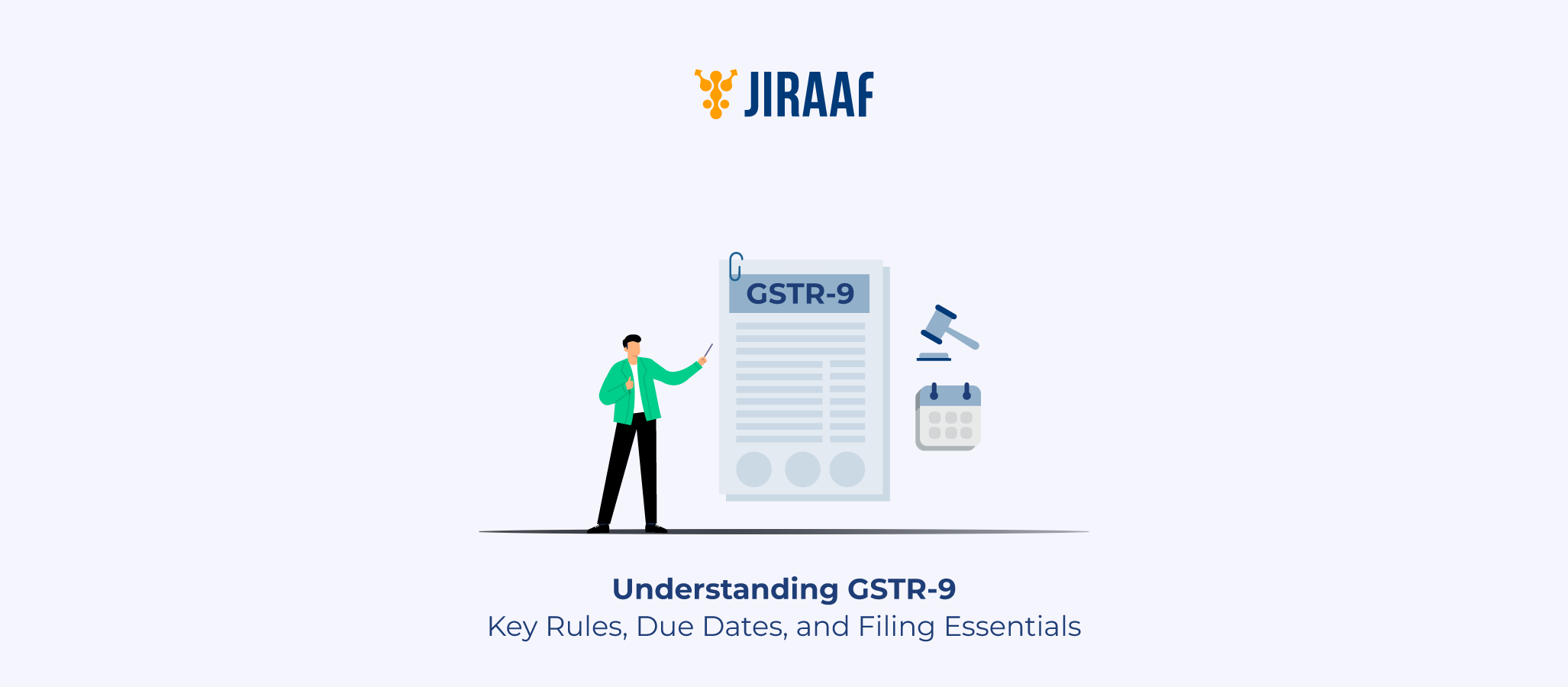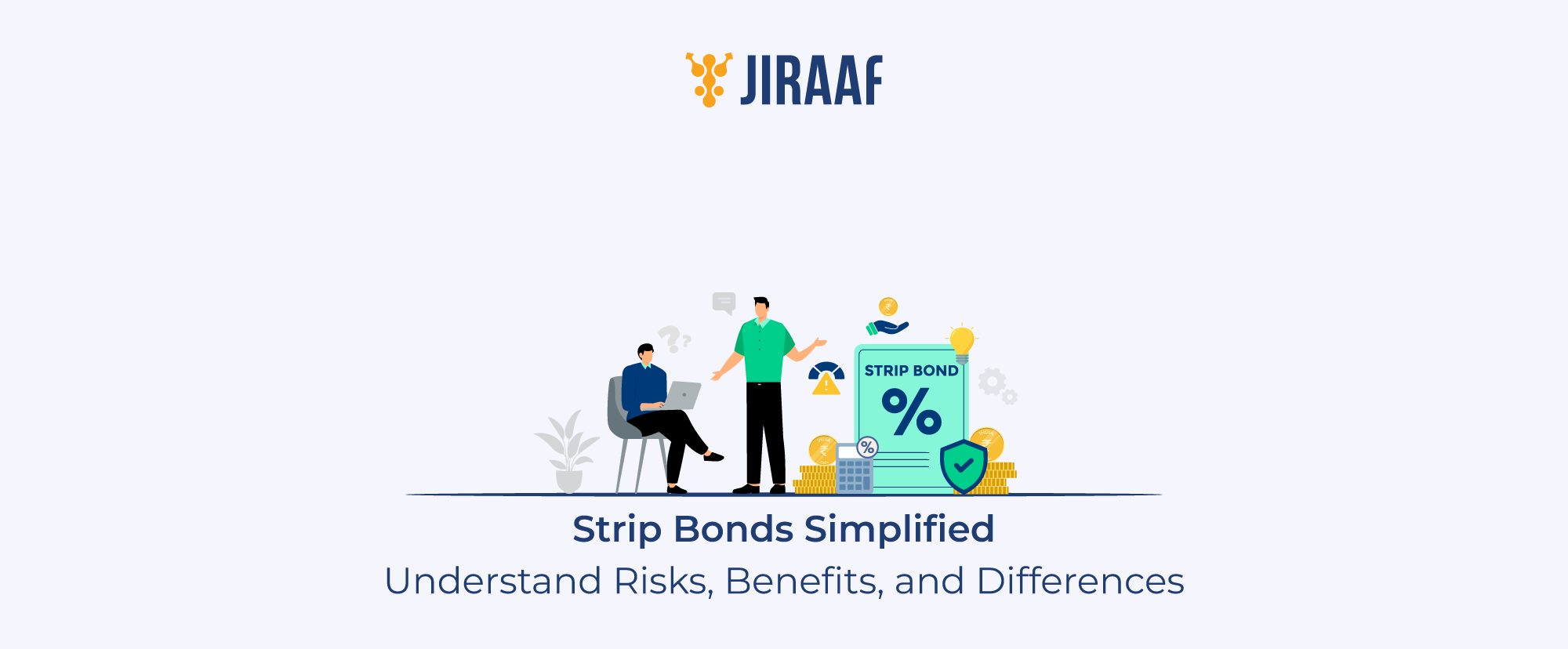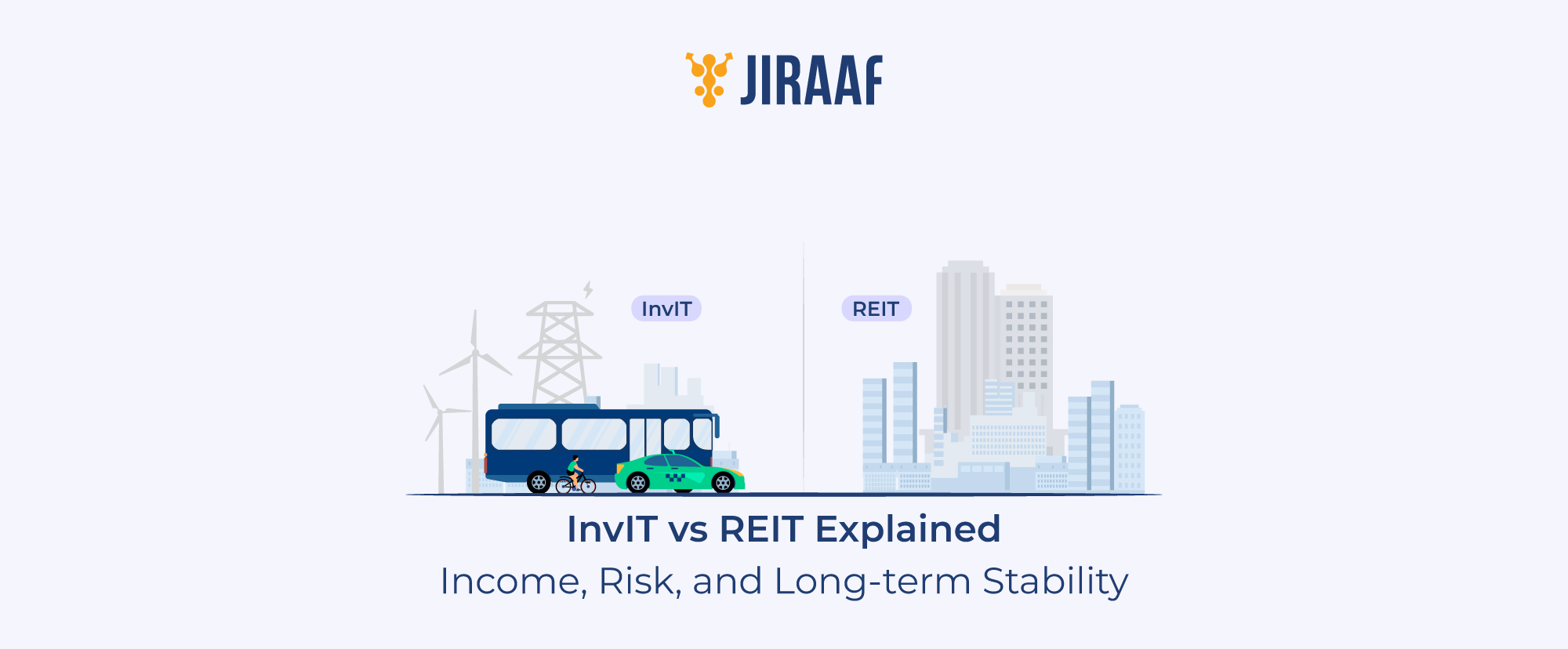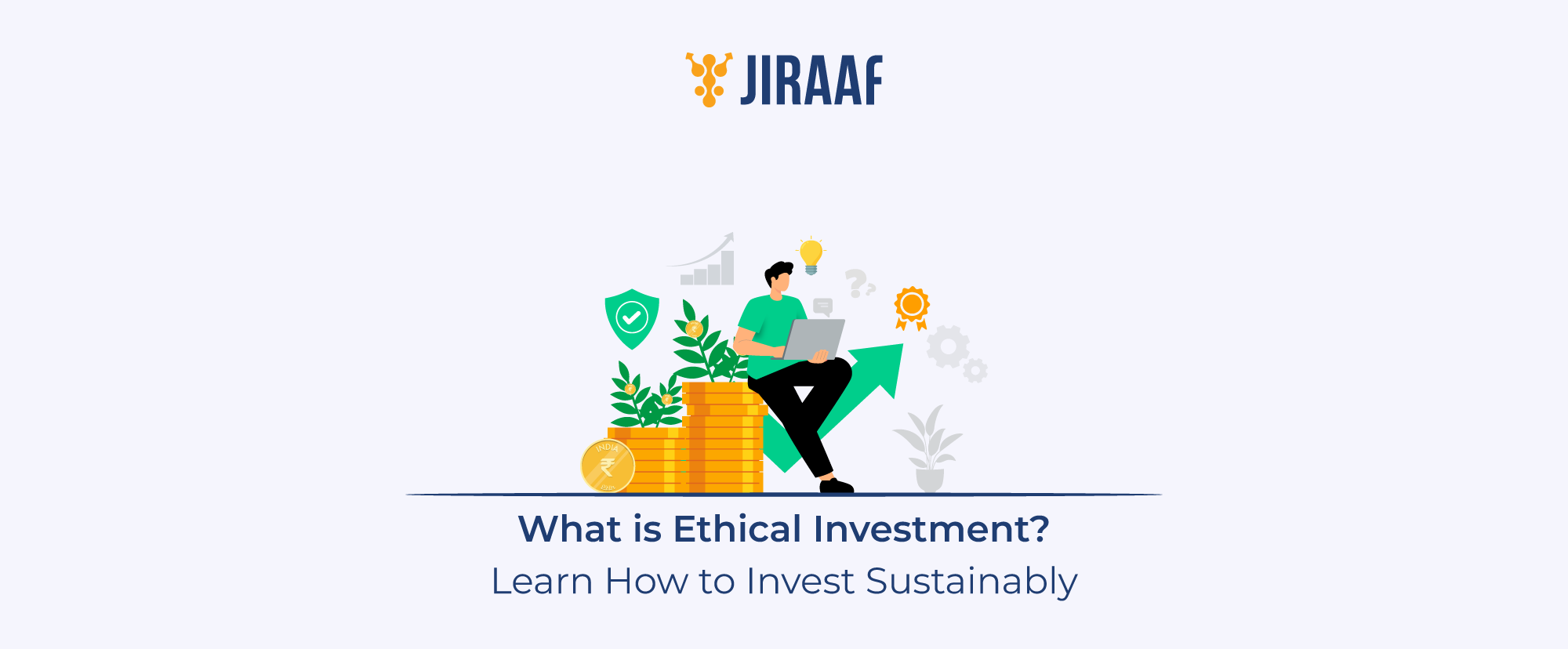Professional tax is a state-level tax levied on individuals earning an income through employment, proprietorship, partnership, or other professions. Grounded in Article 276 of the Indian Constitution, its purpose is to fund state-level administrative services. While modest in amount, professional tax plays a crucial role in salary compliance and is fully deductible under the old tax regime as per Section 16(iii) of the Income Tax Act, making it important for salaried and self-employed individuals alike.
What is Professional Tax?
Professional tax is imposed by state governments on employment income and professional earnings. Different states have varying slabs, but the maximum annual limit is capped at ₹2,500 per year as per the Indian Constitution. Though it’s collected at the state level, professional tax is completely separate from income tax and is not a central government tax.
Who is Liable to Pay Professional Tax?
Salaried Employees
Employers are responsible for deducting professional tax from employees’ monthly salaries and depositing it with the state’s tax authority.
Self-employed Professionals & Businesses
Individuals running their own businesses or practicing professions (e.g., chartered accountants, consultants) must self-register, compute their liability, and pay online quarterly or annually, depending on their state.
Professional Tax Slabs in Different States
Slabs vary state-wise. Here’s a snapshot—subject to periodic updates:
| State | Annual Income Range | Monthly Tax |
| Maharashtra | Up to ₹7,500 (men) | Nil |
| ₹7,501–₹10,000 (men) | ₹175 | |
| Above ₹10,000 (men) | ₹200 (₹300 in February) | |
| Karnataka | Up to ₹25,000 | Nil |
| Above ₹25,000 | ₹200 | |
| Tamil Nadu | Up to ₹15,000 | Nil |
| ₹15,001–₹20,000 | ₹150 | |
| Above ₹20,000 | ₹200 | |
| West Bengal | Up to ₹3,500 | Nil |
| ₹3,501–₹5,000 | ₹12 | |
| ₹15,001–₹25,000 | ₹85 |
Note: These slabs are indicative and vary by state and gender in some cases. For example, Maharashtra has different slabs for men and women.
How is Professional Tax Collected and Paid?
By Employers
Monthly deductions from employee salaries per approved slab, with timely deposit to the state revenue department.
By Self-employed Individuals
Must register online, calculate tax quarterly or annually, and pay through the state’s e-portal using challans.
How to Register for Professional Tax (Self-employed)
- Visit your state’s official e‑portal
- Provide PAN, business address, identity proof, and banker details
- Obtain membership under relevant professional category
- Begin quarterly or annual tax payments through compiled challans
How to File Returns for Professional Tax
- Employees: No returns to file; compliance is automatic through employer.
- Self-Employed: File Quarterly or Annual Professional Tax Returns as per your state’s deadlines. Avoid penalties for delay.
Penalties & Non‑Compliance
- Late payment attracts interest (around 1% per month) and fines.
- Non-registration or non-payment may result in additional fines or prosecution.
- Employers who fail to deduct or deposit may face legal consequences.
Exemptions from Professional Tax
Certain individuals are exempt—most states include categories such as,
- Senior citizens (age varies by state, commonly >60)
- Persons with disabilities
- Armed forces personnel
- Others depending on local regulations (e.g., students, former rail employees)
Always check your state’s official provisions for specific categories.
Professional Tax vs Income Tax
| Aspect | Professional Tax | Income Tax |
| Authority | State Government | Central Government |
| Based On | Salary / Profession | Total Income |
| Max Limit | ₹2,500 per year | Variable |
| Deductible Under | Section 16(iii) | Various deductions available |
While both are part of your payslip, only income tax is paid centrally, and professional tax is subtracted by the employer but allowed as a salary deduction only under the old tax regime, not under the new tax regime (FY 2023-24 onward).
Is Professional Tax Deductible Under Income Tax Act?
Yes. Professional tax is claimed as an “allowance” deduction under Section 16(iii) directly from gross salary when computing taxable income. It is not deductible under the new tax regime.
Professional Tax in Action
Let’s assume this is the salary slip of a Mr. Sharma from Bangalore, who has just started their career in the IT industry.
| Earnings | Amount (₹) |
| Basic + Allowances | 40,000 |
| Professional Tax (PT) | – 200 |
| Taxable Salary After PT | 39,800 |
Here, ₹200 deducted as professional tax shrinks taxable income from ₹40,000 to ₹39,800.
Final Thoughts: Why Professional Tax Matters
Understanding professional tax is more than just decoding a line on your payslip—it plays a small but important role in your overall financial planning. For salaried individuals, it slightly reduces your net taxable income, offering a marginal tax benefit. For freelancers and consultants, knowing how to account for it helps in budgeting accurately for tax liabilities.
Staying compliant not only ensures peace of mind but also helps you avoid unnecessary penalties or legal issues. Whether you’re employed or self-employed in a state that levies it, professional tax remains a key piece in managing your income responsibly.
FAQs About Professional Tax
Is professional tax applicable in all states?
No, only in states that have enacted the tax under Article 276—majority of Indian states enforce it, but a few have no professional tax yet.
Can you claim a refund on professional tax?
No separate refund is available; however, it is already adjusted in gross salary, so it effectively reduces taxable income.
Who is exempt from professional tax?
Key groups often exempted include senior citizens, persons with disability, and armed forces personnel—rules vary by state.
How much is the maximum professional tax?
It ranges between ₹2,400–₹2,500 annually, depending on your state’s slab structure.
Is professional tax allowed under the new tax regime (2023)?
Yes—Section 16(iii) deduction for professional tax applies under both old and new tax regimes.
